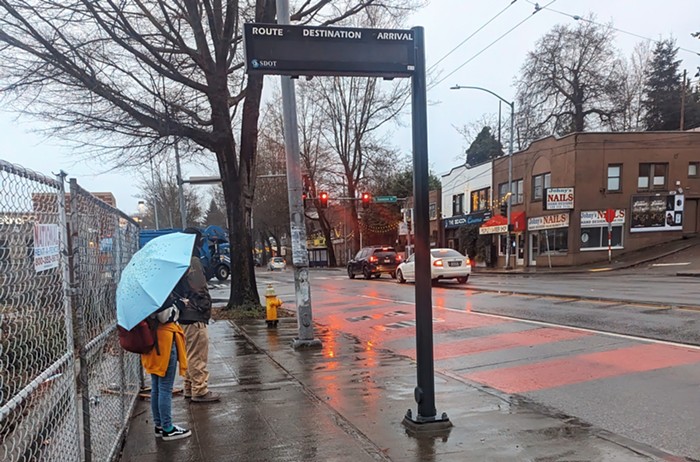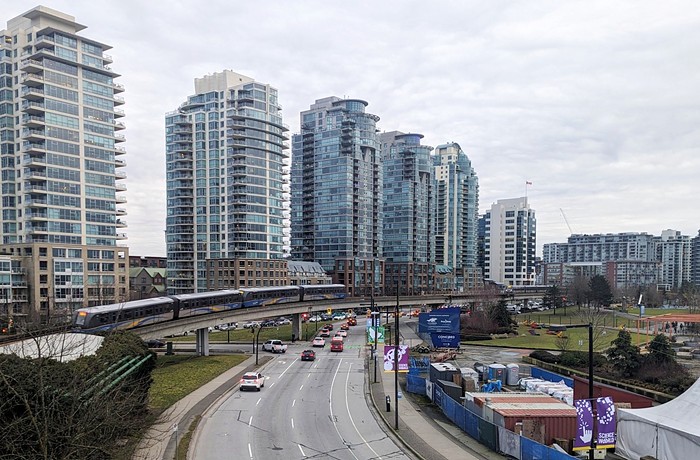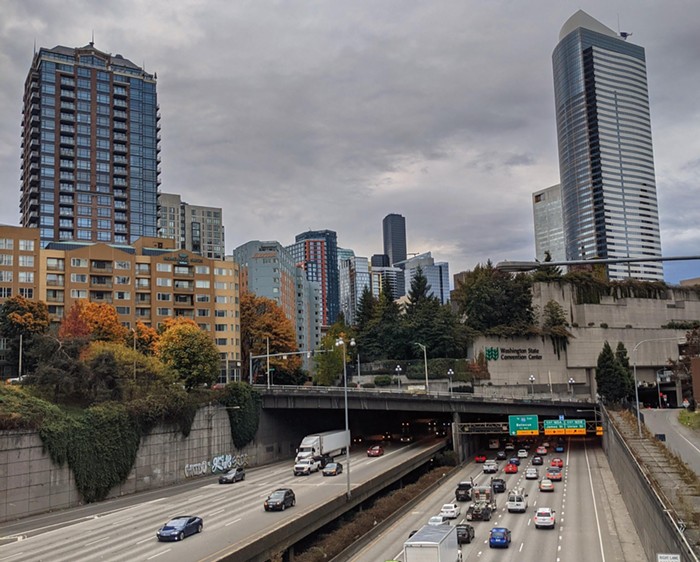
Vancouver B.C. does not have Uber or Lyft, the ridesharing service I mainly use in Seattle and New York City. But the city does have plenty of cabs in its main areas, and the drivers tend to be honest and know how to get around their town. But the absence of ridesharing companies in Vancouver has meant the persistence of a problem that, in my experience, pretty much vanishes from the surface of things when you have an account with Uber or Lyft: taxi cab racism. And it's not so much that this problem vanishes for the black person, but we do not have to deal with it any more, as we have a way around it. Indeed, I had all but forgotten this form of racism until this weekend, when I found myself in downtown Vancouver unable to hail a cab. They just simply passed by me, though many were not engaged. At first I thought I was not visible enough to drivers, but after a few cabs passed by my increasingly theatrical waving, I remembered the color of my skin.
It's important to note that many of the taxi drivers were not white but South Asians—some who were even blacker than me. But when it comes to taxi racism, the color of the driver often does not matter. White racism, in this sector, has been adopted, sometimes even intensified, by all other races, many of which have been and still are the victims of white racism. Even in Seattle, when Yellow Cab was the top dog, East African drivers would pass by me because I looked like them. All of that nonsense came to an end with ridesharing, whose apps made hailing unnecessary.
The sad thing is that much of my thinking is strongly opposed to the sharing economy because the society in which its modes are expressed, a neoliberal society, results, for one, in the encroachment of the "entrepreneurial spirit" into all aspects of our lives. Another big part of neoliberalism, which is discussed in the current Blabbermouth, is it encourages enforcement by aggressive monitoring. Everyone can now be rated in the manner of a credit score—the neoliberal disciplinary instrument par excellence. The reason Lyft drivers can ignore my race is because they are more interested in my scores as a passenger. This system does break the overt grip of taxi cab racism, but it means another system of discrimination takes form: those with high scores become included and those with low scores become the excluded. Lyft may include blacks who can afford a decent score and exclude whites who can not. This is far from the best solution. This is why public transportation is so important. It can operate outside the intense neoliberal networks of monitoring and its ethic of individualism.
Government services are about citizens; neoliberal services are about making everyone, even those who consume or use them, entrepreneurs (drivers and passengers are rated). With neoliberalism, the consumption fund (our instruments of consumption—homes, kitchens, cars, computers), things that were purchased and thereby removed from the circuits of capitalist accumulation are reintegrated into these circuits.



















